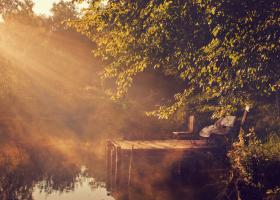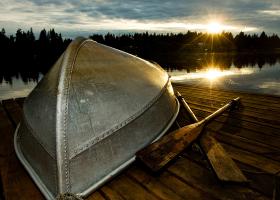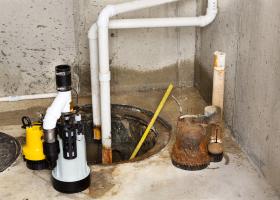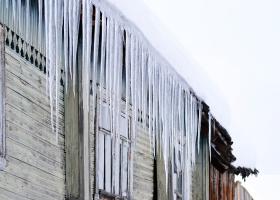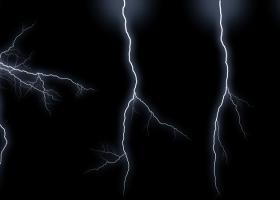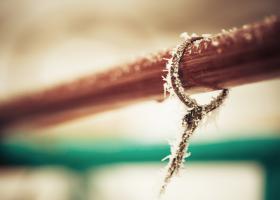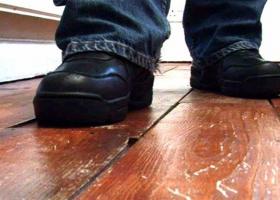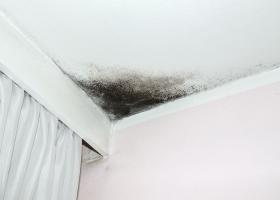Winterizing your Cottage
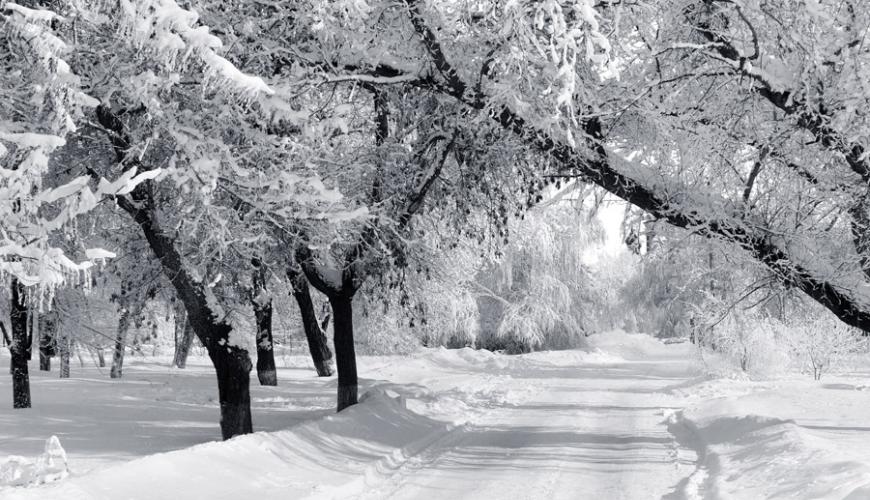
Closing down a cottage at the end of a long, relaxing summer is important to insure harsh winter weather doesn't play havoc on plumbing or other fixtures. Taking time to properly winterize a cottage is also a great way to save fuel costs and reduce your maintenance costs. Remember winters can be long and harsh in Muskoka
- Make sure the water to your summer cottage is cut off at the source. Winterize plumbing; bleed pipe and water heater lines (see How to Drain Heater Water section below). If water is to remain on, winterize pipe lines to prevent freezing.
- Protect sink, bathtub, and shower drain traps by pouring about 1 cup of plumbing antifreeze down each drain.
- Turn off electricity to the cottage if there are no electrical items that will remain on, or unplug unused electrical appliances.
- If your summer cottage has central air conditioning, cover the outside condenser; if you've a window air conditioning unit, weatherize it well with insulation and plastic.
- Clean Gutters before winter at your cottage.
- Clean gutter rain spouts and other drainage systems so they will work properly.
- Check foundation and roof air vents to insure they are clear.
- Winter is a great time for septic tank maintenance; add a commercial septic treatment or enzyme product to aid in breaking down solids.
- Weatherize external features such as flower beds, landscape or floodlights, patio, and water spigots.
- Uncertain how to winterize your outdoor faucet? Insulated external faucet covers are available commercially. Or wrap strips of toweling or blanket insulation around the faucet; cover with plastic.
- Note: avoid using regular antifreeze, which is very toxic, to winterize water pipes and drains in your vacation cabin. Use plumbing antifreeze; for campers and mobile homes. Prestone Plumbing/RV Antifreeze is available at Canadian Tyre
- Attach an air compressor to the drain valve if you think there may still be water in the line from improper drainage or sagging pipes, and then blow any excess water back through the open taps.
- Drain the pressure or gravity tank - If the pressure tank is located somewhere other than below your cottage, such as in the boathouse or a special pump enclosure along the shore, make sure the line supplying the cottage from the tank is also drained. The pressure tank relies on a rubber diaphragm to create and hold the pressure to push water through your cottage plumbing lines. If water is left inside the holding tank, it will freeze and potentially destroy this rubber diaphragm, making the tank useless.

How to Drain Heater Water
Further weatherize your home by draining the water heater. Take the following steps:
- Make sure the circuit breaker is turned off
- Connect a hose running from the water heater drain valve to a drain source
- Open the water heater drain valve and drain out the water
Note: the water heater drain valve is usually located on the lower side of the heater; if not, refer to your owner manual
How to Drain a Water Softener Unit
- Unplug the unit
- Take the fittings apart on top of the water softener (where water piping connects to the unit)
- Uncouple the two lines; let them drain in a bucket
Stored Items
Remove food, cosmetics, or medicine containers that contain liquid that would freeze from shelves.
Food in paper or plastic containers should be put in large metal containers to protect from mice or other rodents.
Sewage system
Force as much water as possible out of traps with a plunger.
Add environmentally safe antifreeze to each trap so you have at least a 50% solution.
Check for traps in these locations: kitchen sinks, bathroom sinks, bathtub and/or shower drains, toilets, washtubs, floor drains and maybe a sump pump.
Keep out animals
Cover chimneys tightly so that raccoons cannot enter the house, or birds fall down the chimney.
Stop up any places in the foundation or around the eaves where squirrels, chipmunks, mice or other small animals can enter.
Try peppermint oil. Peppermint oil is a natural deterrent. The smell is simply too intense for rodents and they will not try to go near it.
Have someone check your house
It is always best to have someone look after your home when you are gone. Possibly a neighbor can periodically check your home and notify you if anything is amiss.
Enjoy your home knowing that you have done everything you can to protect your home when you are gone.
